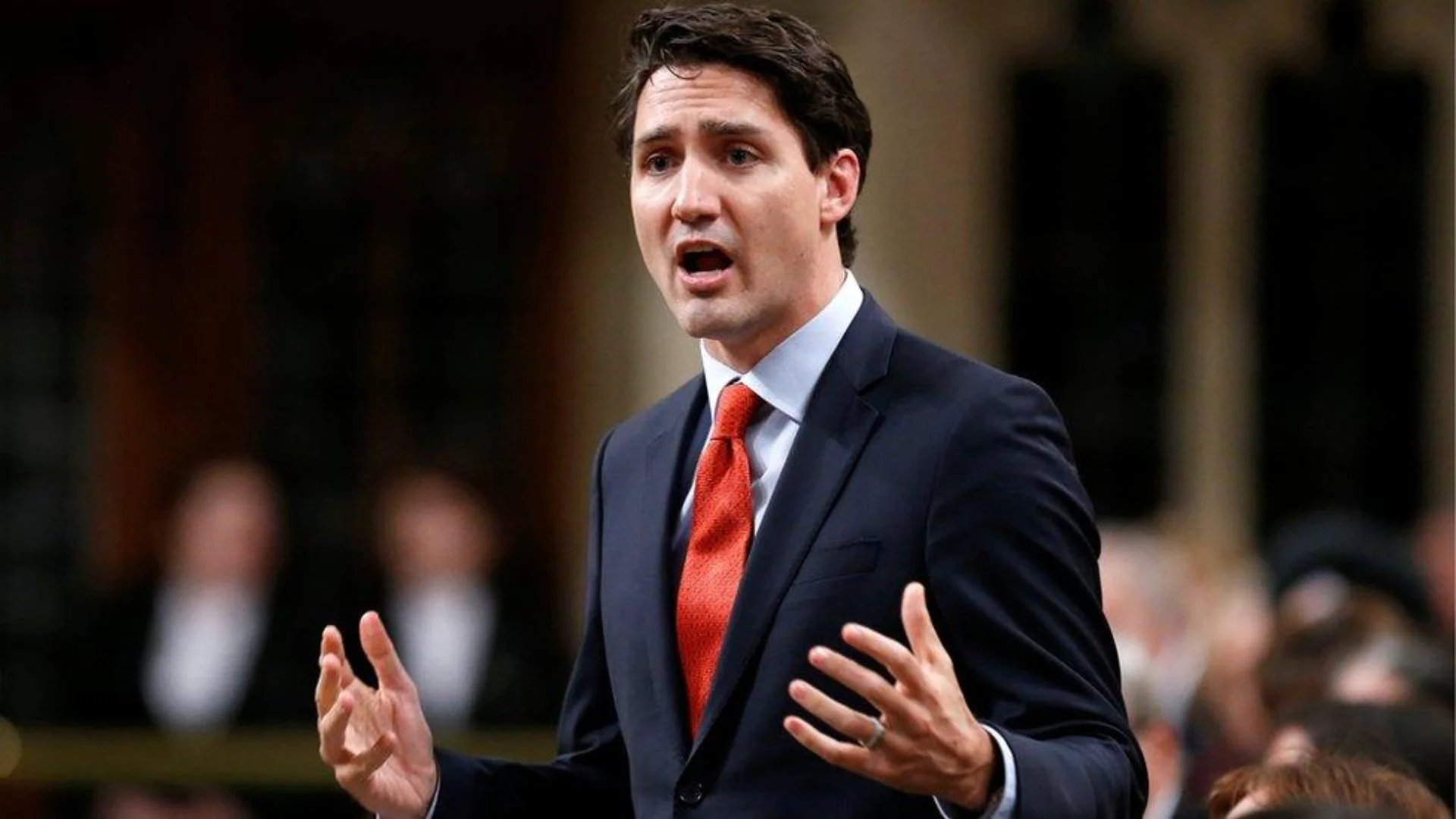October 28 Deadline for Trudeau
Today marks a pivotal moment for Canada’s Prime Minister Justin Trudeau, as a faction within his own Liberal Party calls for his resignation ahead of the 2025 elections. During a closed-door meeting last Wednesday, nearly 24 Liberal Members of Parliament (MPs) formally urged Trudeau to consider stepping down, citing declining popularity and fears of an electoral loss. This group gave Trudeau until October 28 to decide on his future in leadership.
The movement, emerging from frustrations voiced in recent party discussions, has led to an internal document where MPs argue Trudeau’s exit could benefit the Liberals in a manner similar to how Democrats in the United States have recalibrated with President Joe Biden stepping away. The document also detailed how Trudeau’s leadership is weighing down the party, with factors like the high cost of living and housing issues impacting his favorability. Trudeau, visibly moved, reportedly cited the toll of public life on his family, particularly the hurtful public displays, including anti-Trudeau signs.
Liberal cabinet members later sought to show a united front. Immigration Minister Marc Miller, a close friend of Trudeau, dismissed the idea of a “crisis,” affirming the Prime Minister’s resilience in addressing intra-party issues. Industry Minister François-Philippe Champagne also assured Canadians that the party remained unified. However, Ontario MP Nathaniel Erskine-Smith echoed the broader sentiment of disaffected MPs, calling on Trudeau to acknowledge the frustrations and seek meaningful changes.
Trudeau’s Sliding Popularity
This internal dissent highlights the challenges Trudeau faces, with his approval ratings plummeting after nine years in power. The Liberals have suffered recent setbacks, losing two traditionally strong seats in Montreal and Toronto, while rival Conservatives have surged ahead in public support, holding a 39% lead compared to the Liberals’ 23% in recent polls. Domestic issues, including a housing crisis, the fallout from strained diplomatic ties with India, and divisive policies, have compounded Trudeau’s troubles. Critics argue his progressive policies have led to societal challenges, such as relaxed drug laws in British Columbia, now allowing possession of certain hard drugs.
Future of Liberal Leadership
Trudeau’s statement following the caucus meeting indicated he has no intention of stepping down, although he acknowledged the need for “significant changes” in party engagement. Trudeau pointed out that the Liberals had defied the odds before, securing a victory in 2015 when they were considered the third-party underdog.
If Trudeau does eventually choose to step down, the Liberal Party’s National President would convene within 27 days to discuss next steps. Current contenders for leadership could include prominent figures such as Deputy Prime Minister Chrystia Freeland, Industry Minister François-Philippe Champagne, and Foreign Affairs Minister Mélanie Joly. Outside the Liberal cabinet, former Bank of Canada Governor Mark Carney and former British Columbia Premier Christy Clark are also potential candidates.
As Trudeau’s future remains uncertain, today’s deadline signals a crucial juncture not only for his leadership but also for the Liberal Party’s trajectory heading into the next election.







